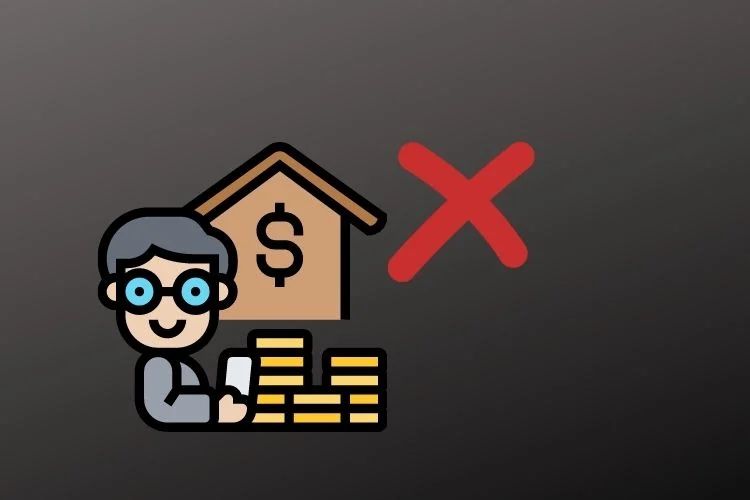Regulations on the statute of limitations for inheritance are becoming more and more specific and complete in accordance with the economic and social development conditions of our country in the new period. In the article below, let’s join LawFirm.Vn to learn about the statute of limitations for inheritance according to the provisions of Vietnamese civil law.
1. Types of statute of limitations on inheritance
1.1. The statute of limitations requires division of inheritance
Regulations in Clause 1, Article 623 of the Civil Code of Vietnam 2015 on requirements for dividing inheritance are as follows:
1. The statute of limitations for an heir to request division of the estate is 30 years for real estate, 10 years for movable property, from the time of opening the inheritance. At the end of this period, the estate belongs to the heir who is managing that estate. In case there is no heir managing the estate, the estate will be resolved as follows:
a) The property belongs to the current possessor as prescribed in Article 236 of this Code;
b) Heritage belongs to the State, if there is no possessor specified in Point a of this Clause.
1.2. The statute of limitations requires confirmation or rejection of inheritance
The statute of limitations for requesting confirmation or rejection of inheritance rights is specified in Clause 2, Article 623 of the Civil Code of Vietnam 2015, accordingly:
2. The statute of limitations for an heir to request confirmation of his or her inheritance rights or rejection of another person’s inheritance rights is 10 years from the time of opening the inheritance.
After 10 years from the time of opening the inheritance, the right to request confirmation of one’s inheritance rights or to deny the inheritance rights of others will be eliminated if one of the parties requests the application of the statute of limitations.
1.3. The statute of limitations requires heirs to fulfill their obligations regarding the property left behind by the deceased
In case a person has property obligations that have not been fulfilled while alive, when that person dies, their property obligations do not automatically end at the time of their death. According to Article 614 of the Civil Code of Vietnam 2015 , from the time of opening the inheritance, the heirs have property obligations within the scope of the estate left by the deceased. Article 615 of the 2015 Civil Code stipulates:
1. Inheritors are responsible for performing property obligations within the scope of the estate left by the deceased, unless otherwise agreed.
However, the law stipulates that continuing to perform property obligations left by the deceased is limited to a certain period of time. Article 623 of the 2015 Civil Code stipulates: “The statute of limitations for requiring heirs to fulfill obligations regarding the property left by the deceased is 03 years from the time of opening the inheritance”.
2. Method of applying the statute of limitations for inheritance
2.1. Time to start calculating the statute of limitations for inheritance
According to the provisions of Clause 1, Article 611 of the 2015 Civil Code, the time to open inheritance is the time the property owner dies. In case the Court declares a person dead, the time to open the inheritance is the date determined in Clause 2, Article 71 of this Code.
Due to changes in Vietnamese civil law as well as inheritance regulations over time, not all cases begin to calculate the statute of limitations for inheritance.
2.2. Time is not included in the statute of limitations for inheritance
According to the provisions of Article 156 of the 2015 Civil Code, time not included in the statute of limitations for inheritance includes:
– A force majeure event or objective obstacle makes the subject with the right to sue or request unable to sue or request within the statute of limitations.
– There is no representative in case the person with the right to sue or the person with the right to request is a minor, has lost civil act capacity, has difficulty in cognition, controlling behavior or has limited capacity. civil action force;
– Minors, people who have lost civil act capacity, people with difficulty in cognition and behavior control, people with limited civil act capacity who do not have another representative to replace them in the following cases Here: a) The representative dies if it is an individual, ceases to exist if it is a legal entity; b) The representative cannot continue to represent for legitimate reasons. b) The representative cannot continue to represent for legitimate reasons.
2.3. Restart the inheritance statute of limitations
Restarting the statute of limitations for inheritance will help push back the start date of the statute of limitations, so that the end date of the statute of limitations is later, helping to limit cases where the statute of limitations expires, ensuring the rights and interests of the participating entities. disputed relationship.
Article 157 of the Civil Code of Vietnam 2015 stipulates the following cases of restarting the statute of limitations for initiating a civil lawsuit:
1. The statute of limitations for initiating a civil lawsuit begins again in the following cases:
a) The obligor has admitted part or all of its obligations to the plaintiff;
b) The obligated party admits or partially fulfills its obligations to the plaintiff;
c) The parties have reconciled among themselves.





